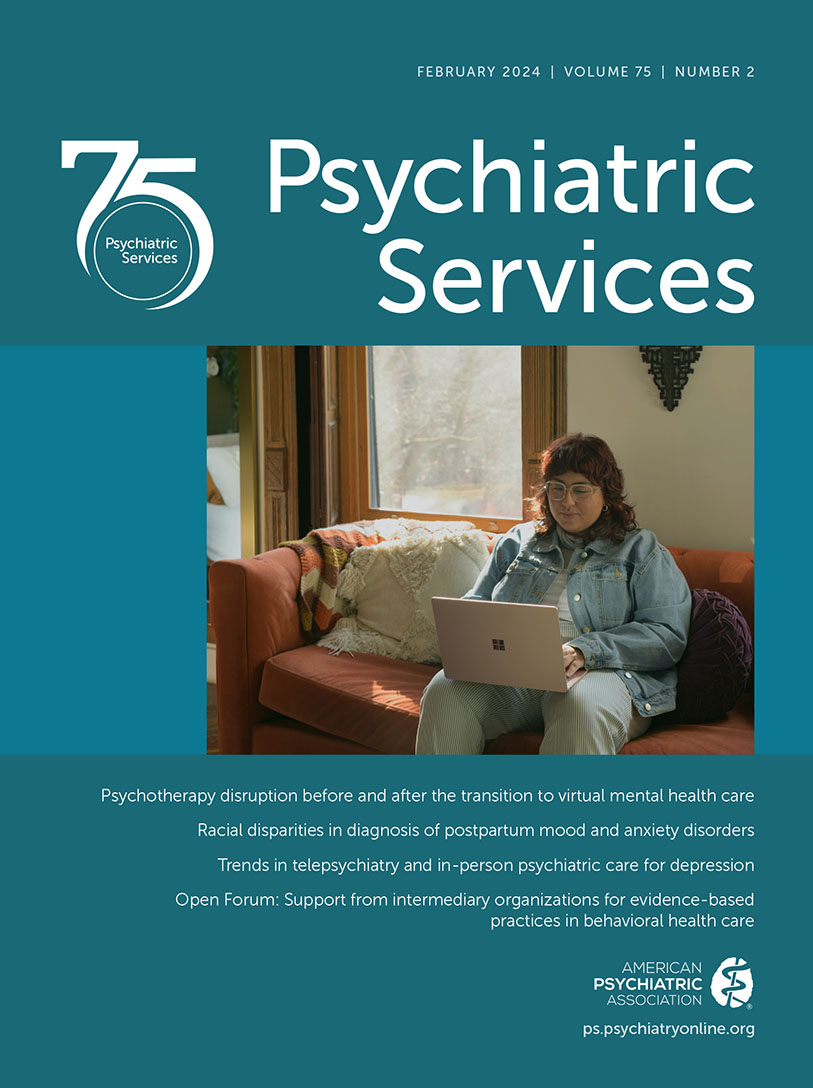Digital Mental Health Approaches to Improve Well-Being of Refugee Families
Abstract
Refugee populations face disproportionately high risk for mental health challenges because of their exposure to geopolitical conflict, persecution, violence, and human rights violations. Dedicated, sustained psychological services are scarce in refugee contexts. Access to mental health treatment is limited by stigma and discrimination, linguistic and cultural barriers, and lack of privacy and confidentiality. Digital health approaches can increase access to mental health services in refugee contexts where need is high, mobile device infrastructure is common, and digital options may transcend contextual barriers. Tailored digital mental health interventions that may overcome barriers to mental health treatment among refugee populations are outlined.
Access content
To read the fulltext, please use one of the options below to sign in or purchase access.- Personal login
- Institutional Login
- Sign in via OpenAthens
- Register for access
-
Please login/register if you wish to pair your device and check access availability.
Not a subscriber?
PsychiatryOnline subscription options offer access to the DSM-5 library, books, journals, CME, and patient resources. This all-in-one virtual library provides psychiatrists and mental health professionals with key resources for diagnosis, treatment, research, and professional development.
Need more help? PsychiatryOnline Customer Service may be reached by emailing [email protected] or by calling 800-368-5777 (in the U.S.) or 703-907-7322 (outside the U.S.).



